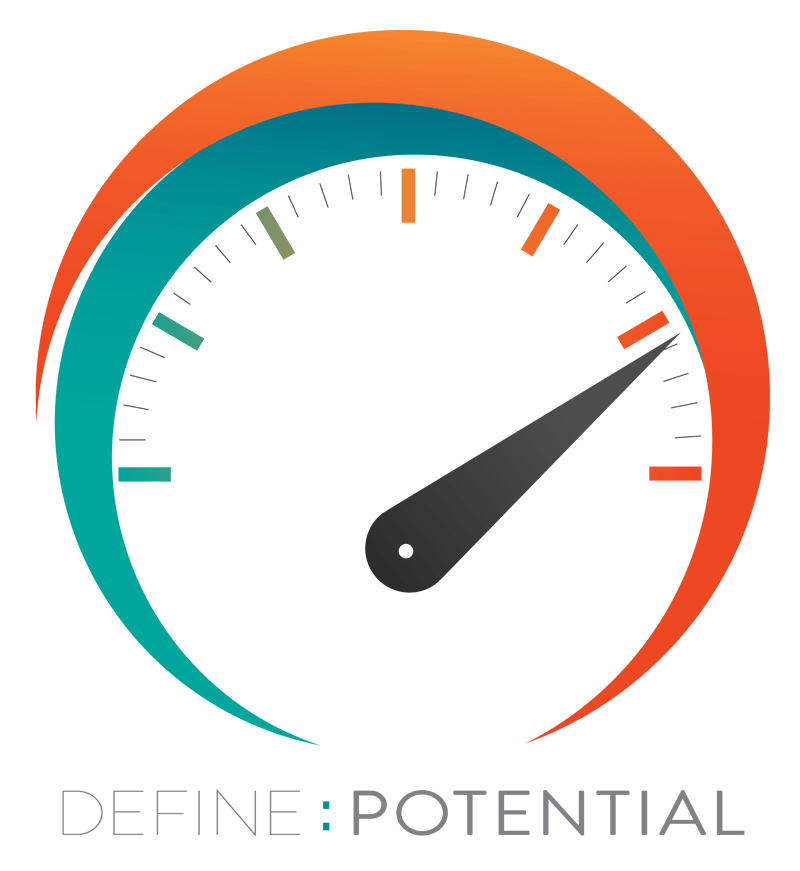Define Potential Blog
Middle Managers: Key Change Agents
21 August 2018

Organisational change is widespread in the public sector. Yet despite this, goals sought through change are often not met. This is often due to resistance to change. Some people believe that resistance to change is inevitable and is embedded in people’s nature. However, resistance to change can be a valuable part of the change process which allows for feedback and deeper rigour throughout a change process. Whether you believe that resistance is good or bad, the likelihood of resistance is such that change processes need to be managed. Change agents can manage this and the most effective change agents in the public sector are middle managers.
Middle managers can play a vital role in managing change by helping to overcome resistance. This is because middle managers are well placed to understand and drive strategic goals. Also, their proximity to staff allows them to generate positivity about a change and reduce resistance.
So what is resistance to change and why does it occur? Some people believe that everyone resists change and negativity towards change is normal. However, those who hold this view can inadvertently generate resistance. People can resist change due to broken trust or agreements while implementing change. To avoid this, trust and strong relationships must be in place before a change initiative begins and throughout the change process.
Resistance to change can also occur if change communication is poor, resulting in people failing to understand why the change is necessary and what the individual and organisational benefits will be. If employees are not involved in the change process in some way, they may resist it. All of this suggests that it’s not the change, per se, that people often resist, but the imposition of ideas that they perceive to be unfeasible, illegitimate or unlikely to have beneficial results.
But resistance to change can bring benefits. Sometimes, resistance can reflect employees’ identification with their organisation and high commitment. Having a strong organisational identification can lead to greater engagement with change processes and a desire to bring important issues to the attention of senior managers. Where this takes place, resistance can generate feedback that may improve the change process. This is where resistance can be a ‘rudder’ steering an organisation through a complex change process; this is functional resistance.
Middle managers play a key role in change processes. These people translate organisational strategies and ensure that appropriate and aligned action takes place. Sitting between operational and strategic levels, middle managers contribute to strategic thinking, implement strategic strategies and promote organisational change. Middle managers play a pivotal role in change management processes. When it comes to organisational change, they can make it or break it.
Dr Fiona Buick, Professor Deborah Blackman, and Dr Samantha Johnson, of the Public Sector Research Group in the School of Business at UNSW (Canberra), recently studied the change management role of middle managers in the Australian public sector. Their research looked at how middle managers can reduce resistance to change and drive change success. Their research found that middle managers play a central role in change management; they can be considered ‘brokers’ in the change management process. Dr Buick and her team suggest the following strategies will support the middle managers’ role and improve the success of organisational change initiatives:
- Senior managers must recognise and appreciate the central role that middle managers play in implementing change and managing resistance;
- Middle managers require high levels of support from senior managers and must be involved in the change management processes and in change communication from the outset;
- Middle managers must be seen as pivotal in fulfilling a complex and delicate role to align employees with the change (not as enforcers of change);
- Senior managers must provide timely and clear communication about the change to their middle managers, with a clear rationale for change and clear expectations of middle managers and their staff to reduce uncertainty;
- Communication about change must ensure sufficient time for sense-making to occur for middle managers, so that they can communicate the change effectively to their staff;
- To fulfil the change agent role, middle managers need more clarity around the team leader identity, building confidence and capability to be change agents; and
- Recognising resistance as a form of feedback and as functional, rather than dysfunctional, will support middle managers to act as change agents and facilitate more effective change communication.
Portraying middle managers as change agents is a shift in mindset in relation to change management processes. In doing so, middle managers become partners with the senior managers in change processes and adopt a more significant role than previously thought. Rather than enforcing change and translating change directives, acting as a conduit in a change process, the middle manager must become the change expert. The middle manager becomes pivotal and the senior managers’ role turns to supporting the middle manager to align staff and manage (and realise the benefits from) resistance. When it comes to successful change management, the middle manager matters. The middle manager becomes the change agent.
Authors:
S. Johnson & F. Buick.
Public Sector Research Group
UNSW Canberra
References
Blog posts you might like
A moment to reflect, and move forward
People tend to put a lot of pressure on themselves at this time of year to get things done – finish that report, wind up the project, clean the windows, buy all the gifts, attend all the Christmas parties and prepare for the perfect holiday season. It is worth assessing every item on all our lists – both mental and actual, and ask ourselves “does this all need to be done?”
Refresh, Re-energise and Renew
With the chaos of 2021 behind us, I think everyone is looking forward to the holiday break. Time with family, friends, and some much-needed relaxation. The past two years have been tough on many people. The surprising part is that some leaders have thrived through this period while others have really struggled.
Communicating in the digital era
While we either have or are contemplating a return to our offices, digital communication, whether that be email, messaging, Zoom or MS Teams is here to stay. Being effective in how we use these different communication tools will be critical to high performance and team management.




